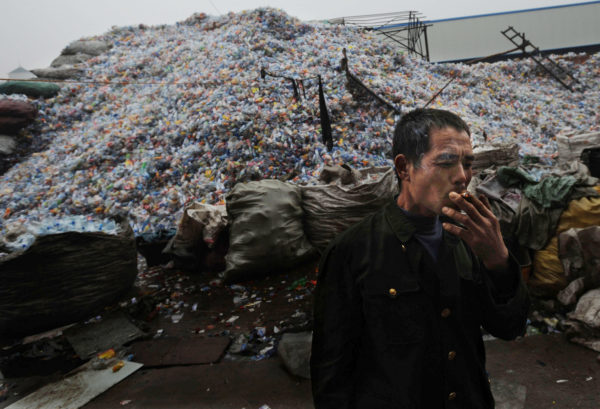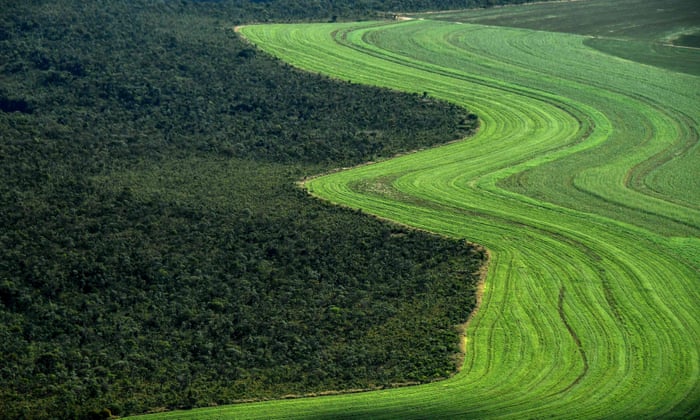Last year’s rise in global CO2 emissions – the largest since 2011 – was driven in part by a surge in demand for petrochemicals used largely to manufacture plastic materials, according to statistics in BP’s latest world energy review.
Growth in production of naptha, ethane and LPG – which primarily function as petrochemical feedstocks – accounted for half of oil demand growth in 2018, far more than in previous years.

Petrochemical production has been soaring in recent years. Photo: China Photos, Getty Images.
Emissions were also pushed up by a rebound in China’s coal use – tied to the steel industry – and a jump in demand for heating and cooling around the world, largely due to yearly variation, but potentially a sign of things to come as climate change proceeds.
Analysis: global plastics boom fueled 2018 CO2 emissions rise - Unearthed



